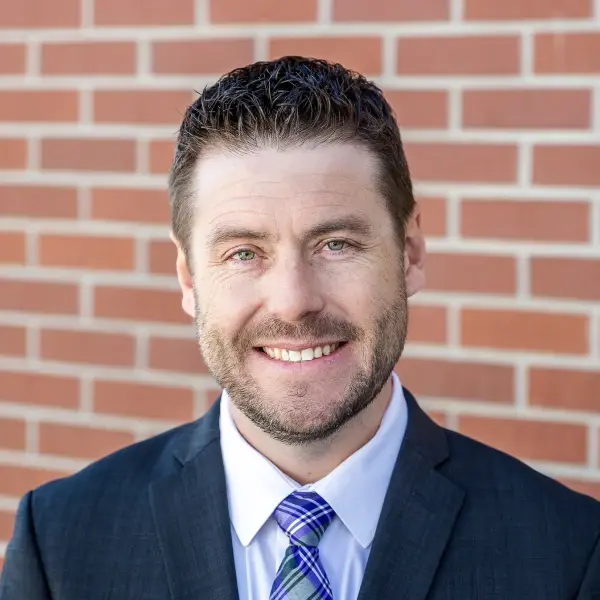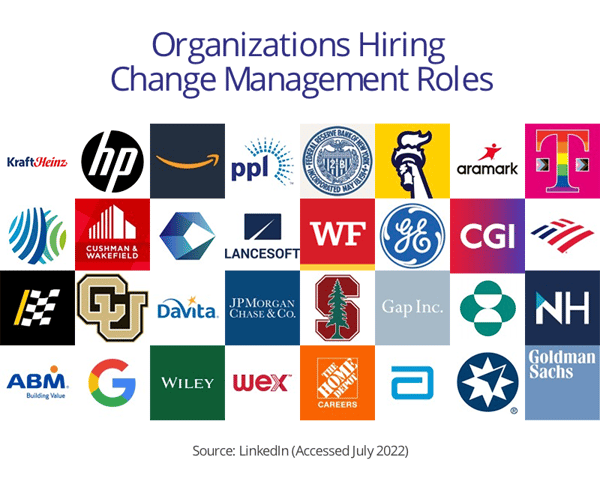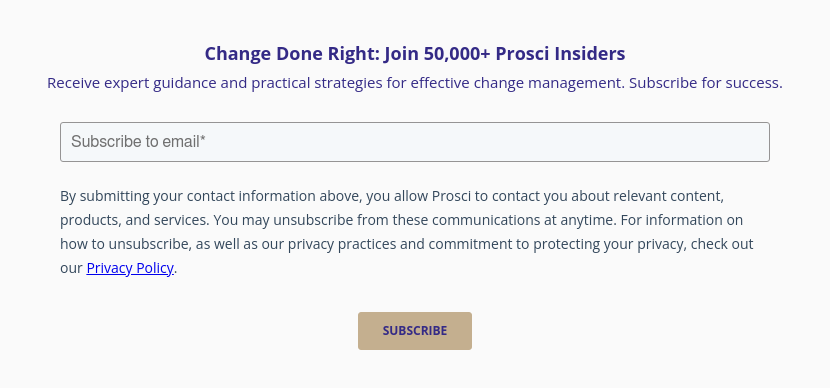The Role of the Change Manager

2 Mins
Updated: August 8, 2025
Published: August 23, 2024

Research shows that permanent change management jobs are becoming common in organizations. Here's an overview of how the change management job market has evolved to meet growing demand.
Growing Demand for Change Managers
Over the last two decades, we have seen change management evolve from a foundational understanding of how humans experience change into change management concepts and frameworks. Today, change management is a formalized discipline, with an increasing number of organizations creating permanent positions for change management professionals of all kinds.

Prosci first conducted research on job roles in 2011 and found that 43% of the organizations participating in the studies had permanent job roles dedicated to change management. Over the last decade, that number has hovered at or above 49% on average.
Specific industries have seen more significant increases in permanent change management jobs, including education services (75%), health care (67%), manufacturing (62%), consumer goods (60%), local government (58%), and other government (55%).
Participants in Prosci’s Best Practices in Change Management benchmarking research continue to cite the need for permanent change management roles in their organizations. For many, the roles are newer—in place for a few years or less—a sign that momentum may be growing. In fact, research participants report an increased focus on building change management capability across all levels of their organizations. This includes training for change management practitioners, executives and people managers, as well as creating career-development tracks and specialized roles focused on organizational change.
In terms of trends, research participants anticipate organizations focusing more on developing formalized internal roles dedicated to change management in a permanent change management office (CMO) or functional group. Such roles include responsibilities like coaching and delivering change projects, allocating necessary budget and resources for the change, building internal change capabilities, and collaborating with other project-related roles.
Jobs in Change Management
Which change management jobs are in demand? Although titles vary and many include the term "organizational" (e.g., Organizational Change Manager), the most common include:
- Change Management Specialist
- Change Management Practitioner
- Change Management Analyst
- Change Management Consultant
- Change Manager
- Change Lead or Change Leader
- Director, Change Management
- Manager, Organizational Change Management

High-level responsibilities of change managers
Now that you understand the growing demand for change management roles, let's look at what a change management professional does. In general, they:
- Drive effective change management at the organizational level
- Apply a structured methodology and process
- Work with and through others in the organization
- Enable effective communication
- Support training efforts
- Apply interpersonal skills
- Leverage experiences with change
- Perform autonomously and flexibly in ambiguous situations
Specific tasks and responsibilities of change managers
At a more granular level, change management professionals typically:
- Complete change management assessments
- Assess current awareness of the change, and identify areas of resistance
- Create alignment of goals, objectives and strategic initiatives
- Identify and manage adoption, usage and reinforcement of change
- Provide leadership and direction to enhance effectiveness of change
- Prepare, equip and support leaders and people managers
- Identify, analyze and prepare risk-mitigation tactics
- Allocate budgets and resources efficiently

Change Management Jobs Today
In addition to a steady increase in change management positions, we're witnessing the expansion and development of existing roles to meet new organizational demands. The change management industry is growing quickly. If you are innovative and dedicated to change, there are opportunities for you. And if you're an advanced professional with deeper knowledge and skills, and the ability to manage complexity, you will be in even greater demand with organizations that are growing their change capabilities.



